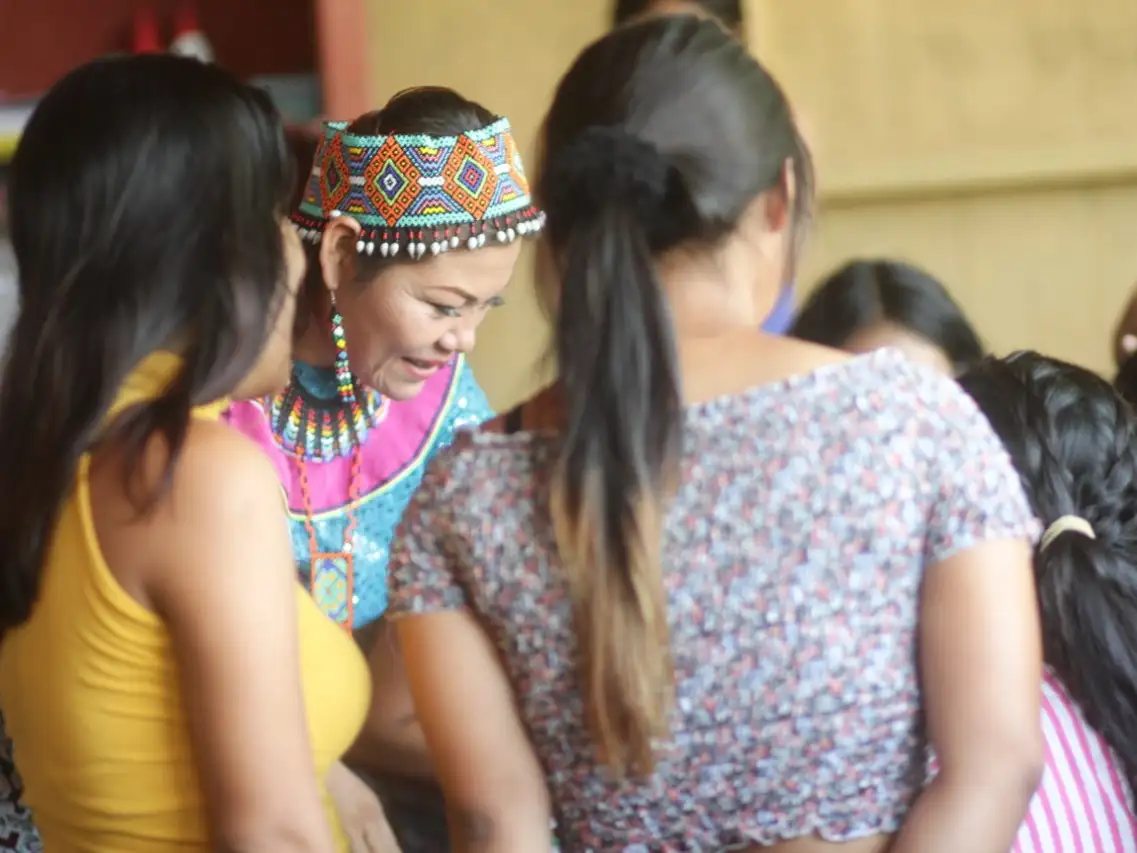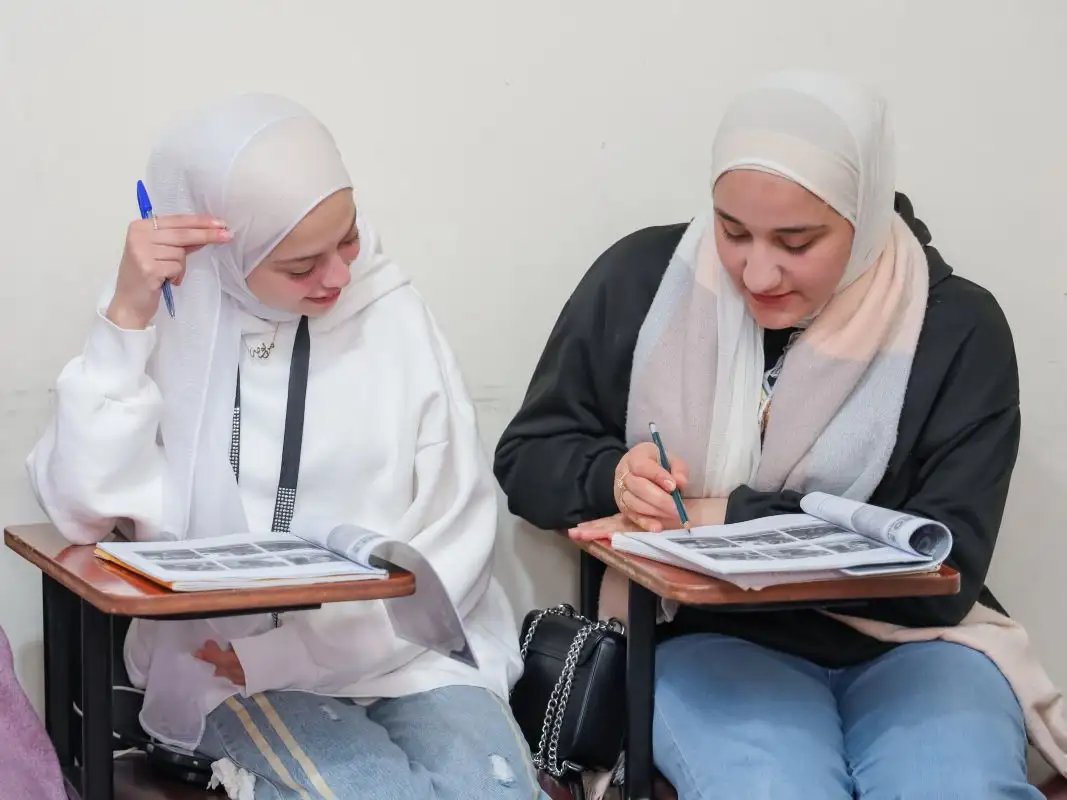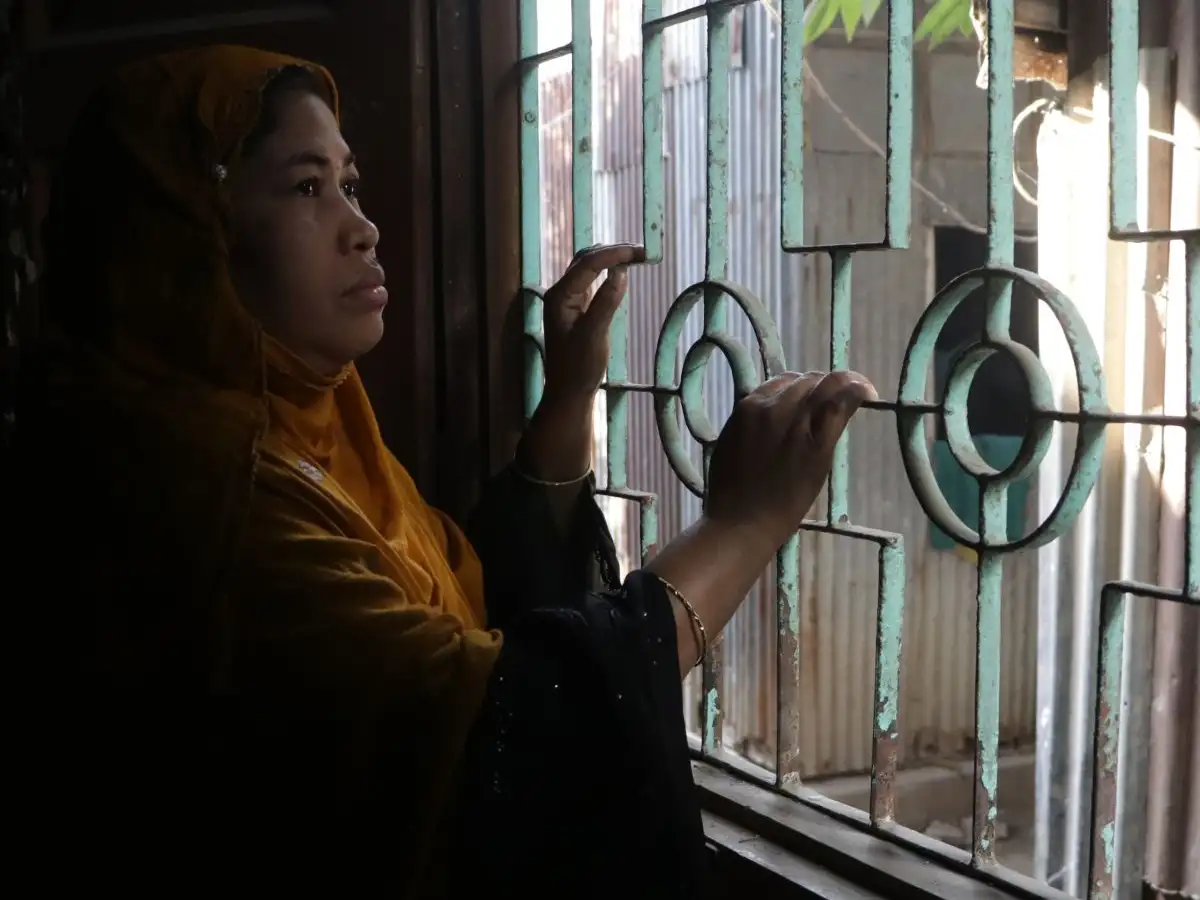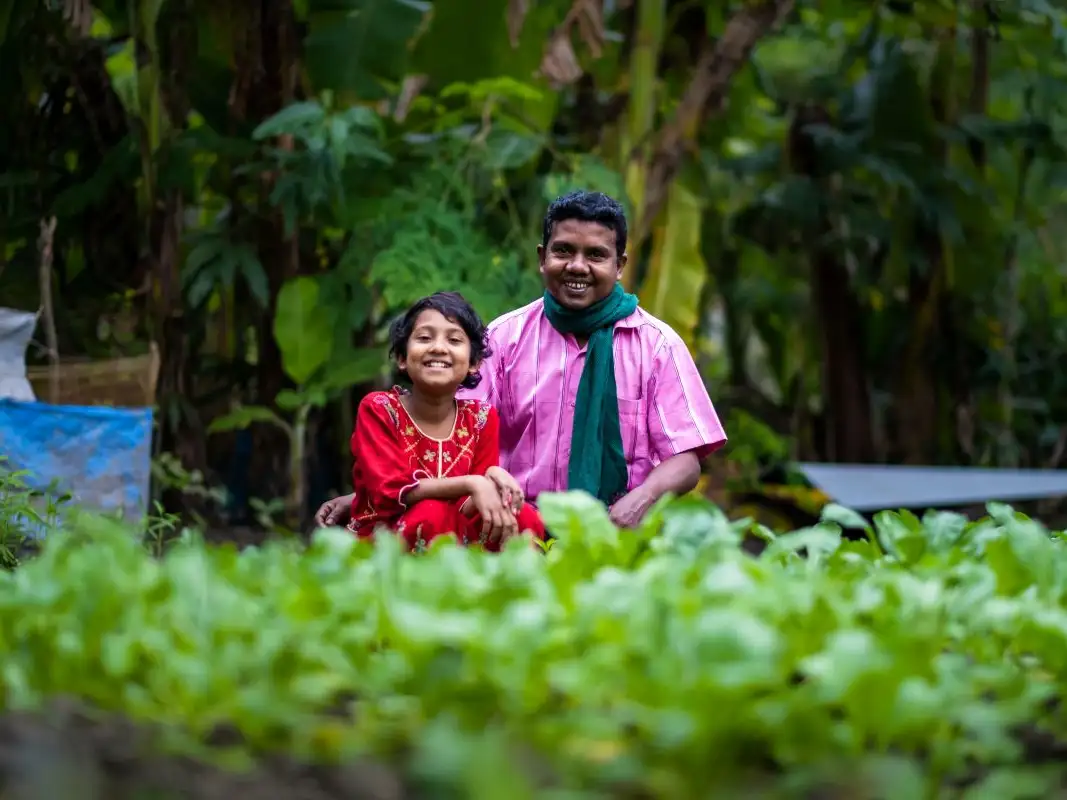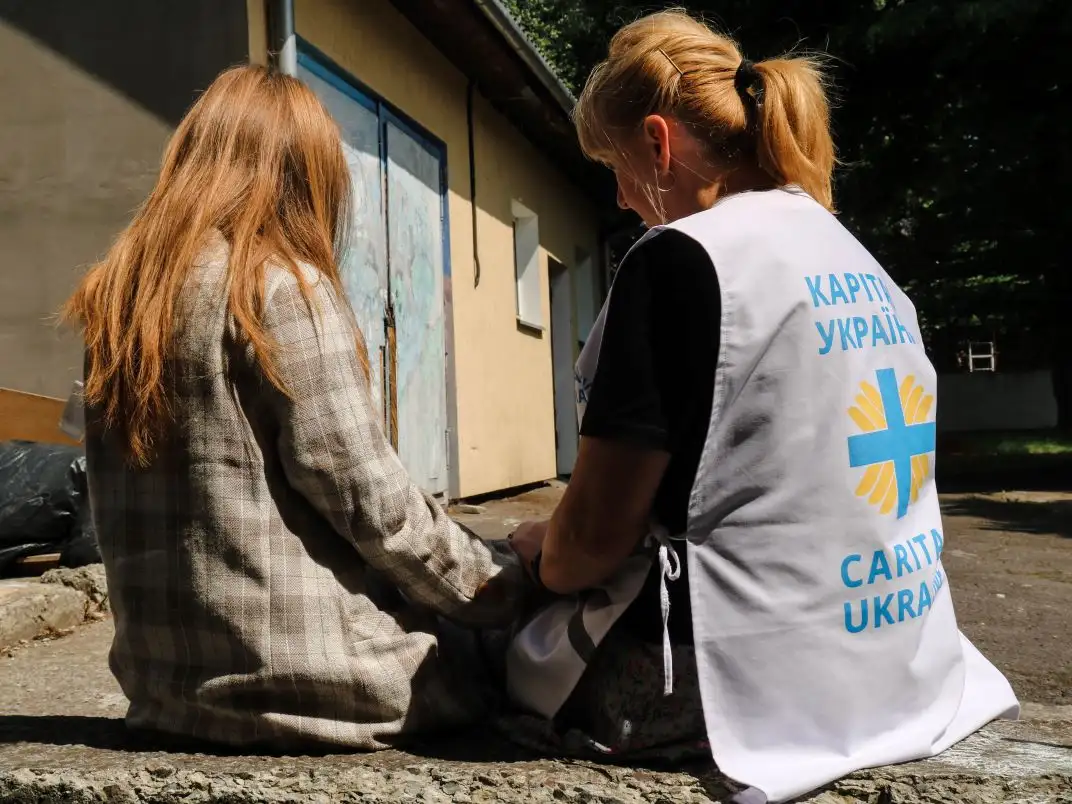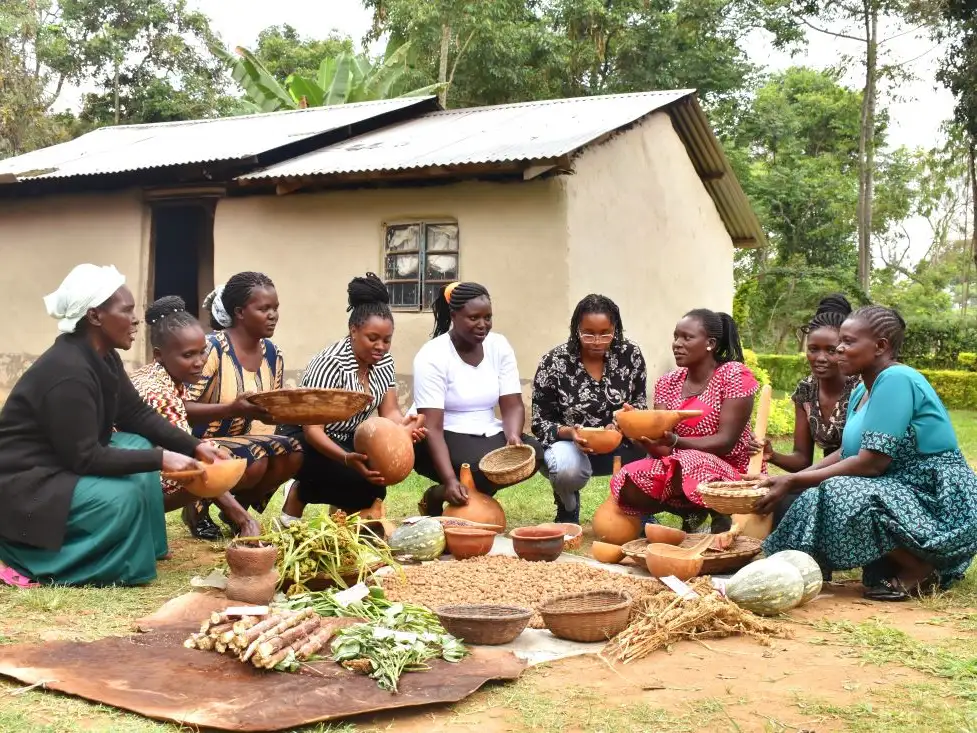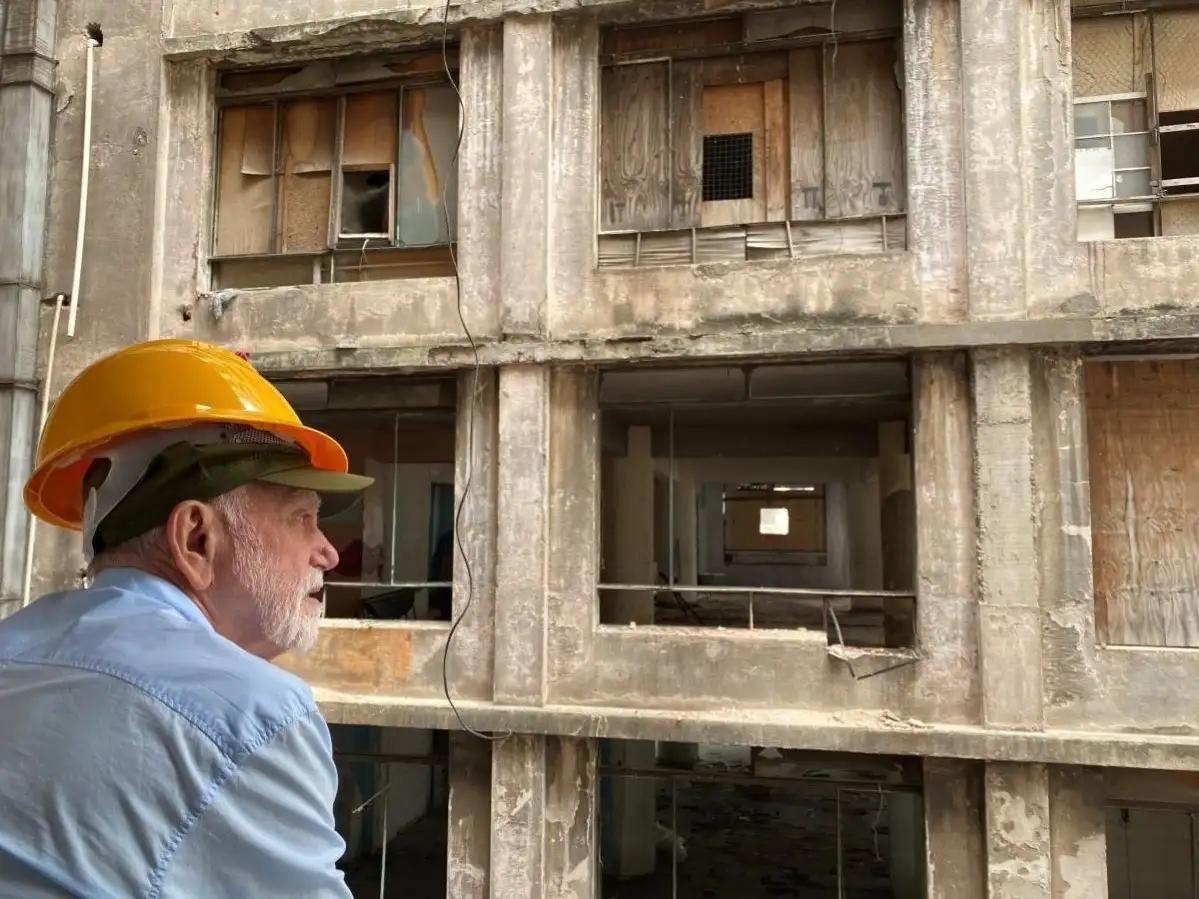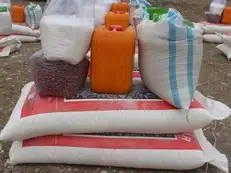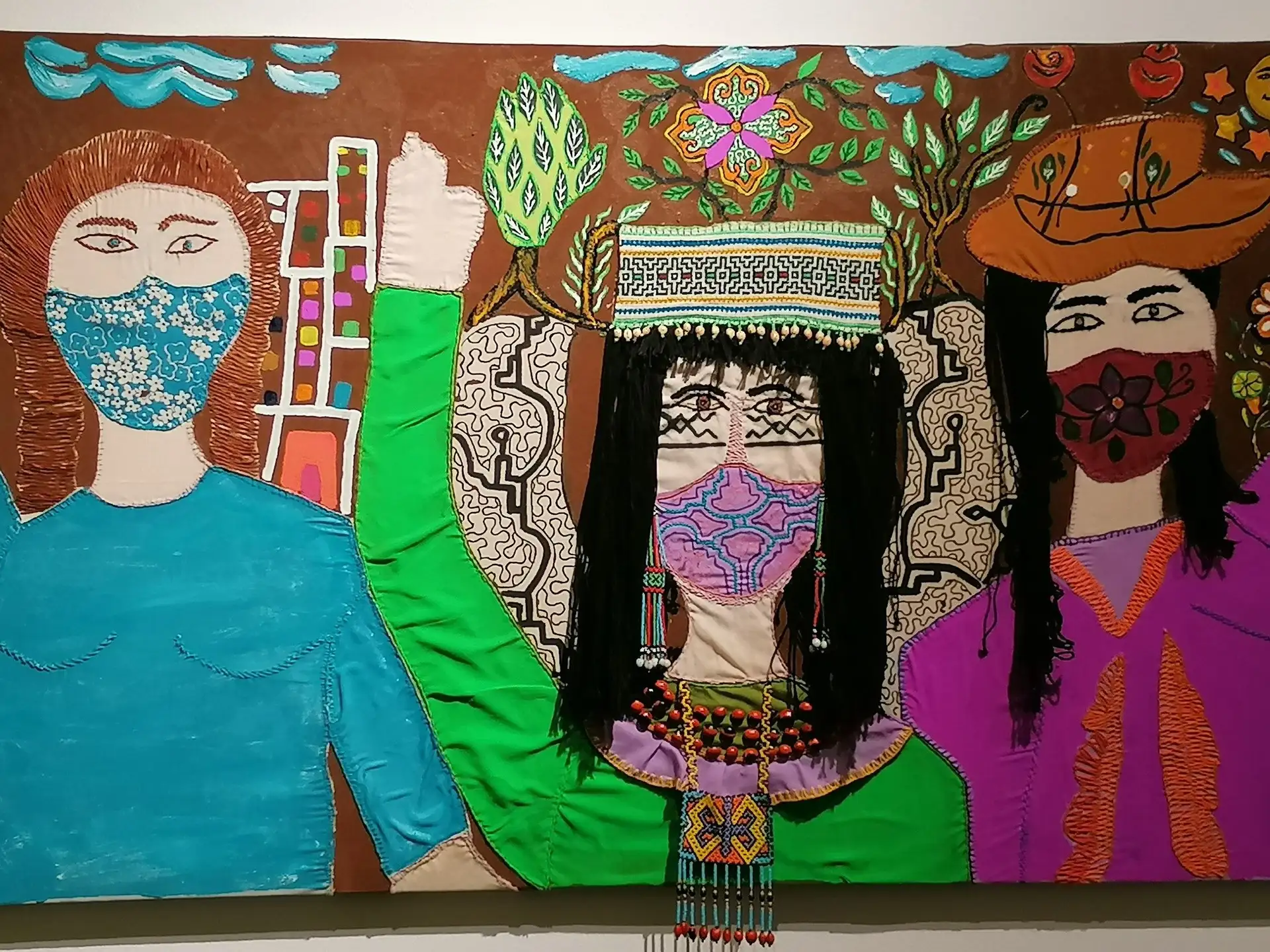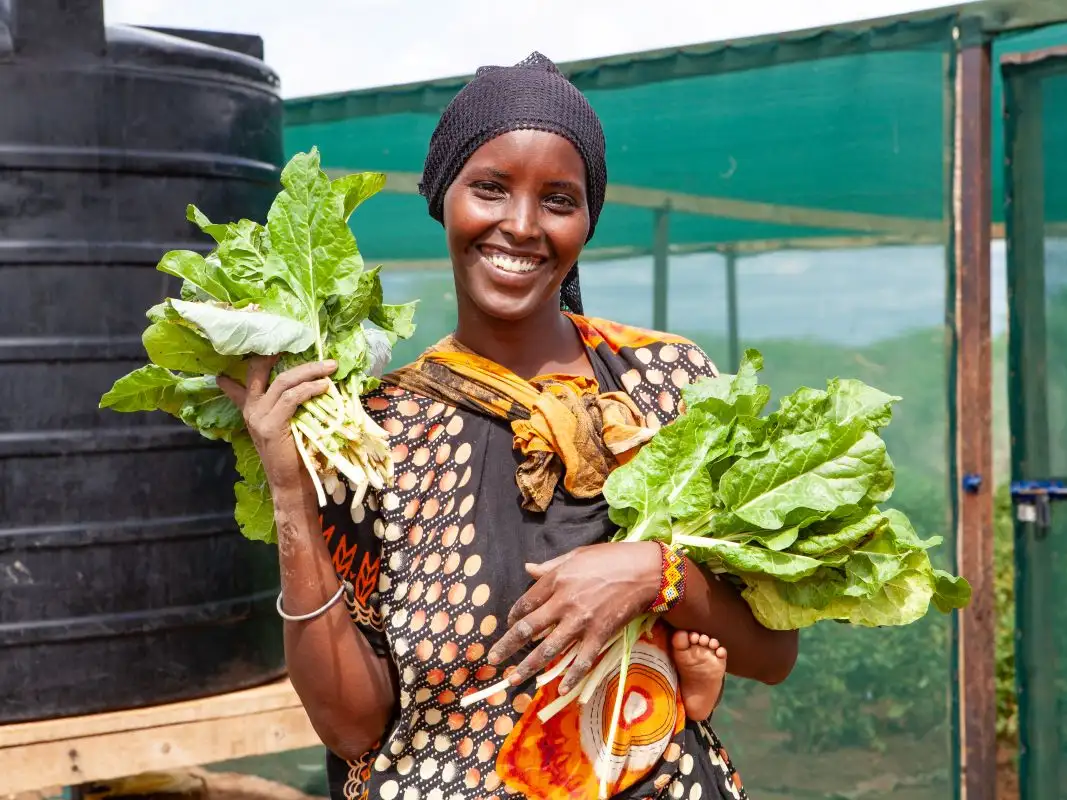

Lokho is part of a woman’s group in Marsabit County, northern Kenya. She is learning more about growing crops and raising livestock in order to diversify her income and support her family through the climate crisis.
Women and girls represent the majority of the world’s vulnerable people. Globally, women are less likely than men to be involved in decision making, to own land or property, or to have access to education, technology and employment.
Girls are more likely to drop out of school due to poverty and cultural norms, and are at a high risk of sexual abuse and exploitation in many countries. The situation is even worse for women living with disabilities.
Our vision for gender justice: empowering women and girls
At CAFOD, we believe that a better world needs all of us. Our faith inspires us to stand in solidarity with those experiencing injustice, discrimination and exclusion.
We are committed to achieving gender justice. We want to build this better world – the world God intended – where women and girls live free from violence, fear and discrimination – where everyone has equal opportunities to participate, influence and lead in all aspects of life.
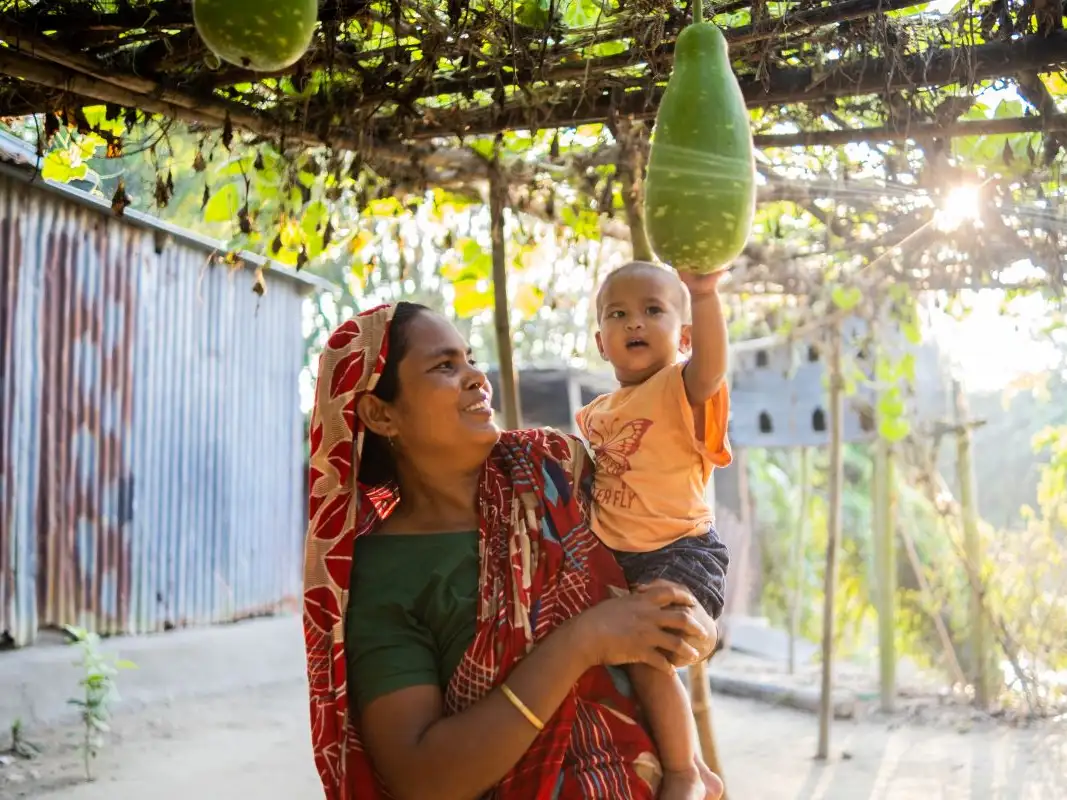

Salina is a farmer from a village in Bangladesh. She is learning more about land rights and how to plant a wider variety of flood and drought-resistant seeds. Credit: Amit Rudro
How does CAFOD work towards gender justice?
Gender justice is embedded in all of our programmes around the world. This means that we focus on and respond to the different needs of women, men, boys and girls.
Working alongside our partners and sister agencies, we build on this minimum standard through more ambitious and transformative work that targets women and girls. And we don’t only consider the needs of individuals, but the role of women and girls in their local communities and society at large.
Our unique contributions are closely connected to our organisational strategy, Our Common Home, and focus on four key areas:
1. Women’s influence through and within Church networks
The local church is a trusted presence within communities in diverse contexts, providing direction in the lives of many. CAFOD is part of the global Church network, present in 165 countries. We work with community leaders within the Church to enable positive shifts around masculine identity and gender roles, promoting greater gender justice from within.
2. Local women-led agency, leadership and voice
CAFOD champions local women-led and women’s rights organisations, recognising their unique contributions to responding to community needs. We support women’s leadership and representation through our partners and local experts. We provide sustainable funding and strengthen organisations and programmes through training opportunities, peer-to-peer learning and advocacy.
3. Gender-sensitive programme quality foundations
CAFOD underpins all its programming with a robust framework that addresses safety, accessibility, dignity and inclusion (SADI). We ensure a minimum level of gender sensitivity in projects through gender and risk analysis. We collect data about sex, age and disability in order to understand the changing needs of participants. This helps us to make sure that women and girls are participating actively throughout the design, implementation and evaluation stages of projects.
4. Integrated programming addressing gender injustice
CAFOD’s international programmes are rooted in the principles of integral ecology. This means we promote an interconnected understanding of political, economic, social and environmental issues, addressing gender injustice alongside other forms of injustices.
We had been taught we didn’t have value as women. Now we have learnt we all have the same rights. We have hope. We need to put into practice what we have learnt and move forward as a women’s group and as individuals.
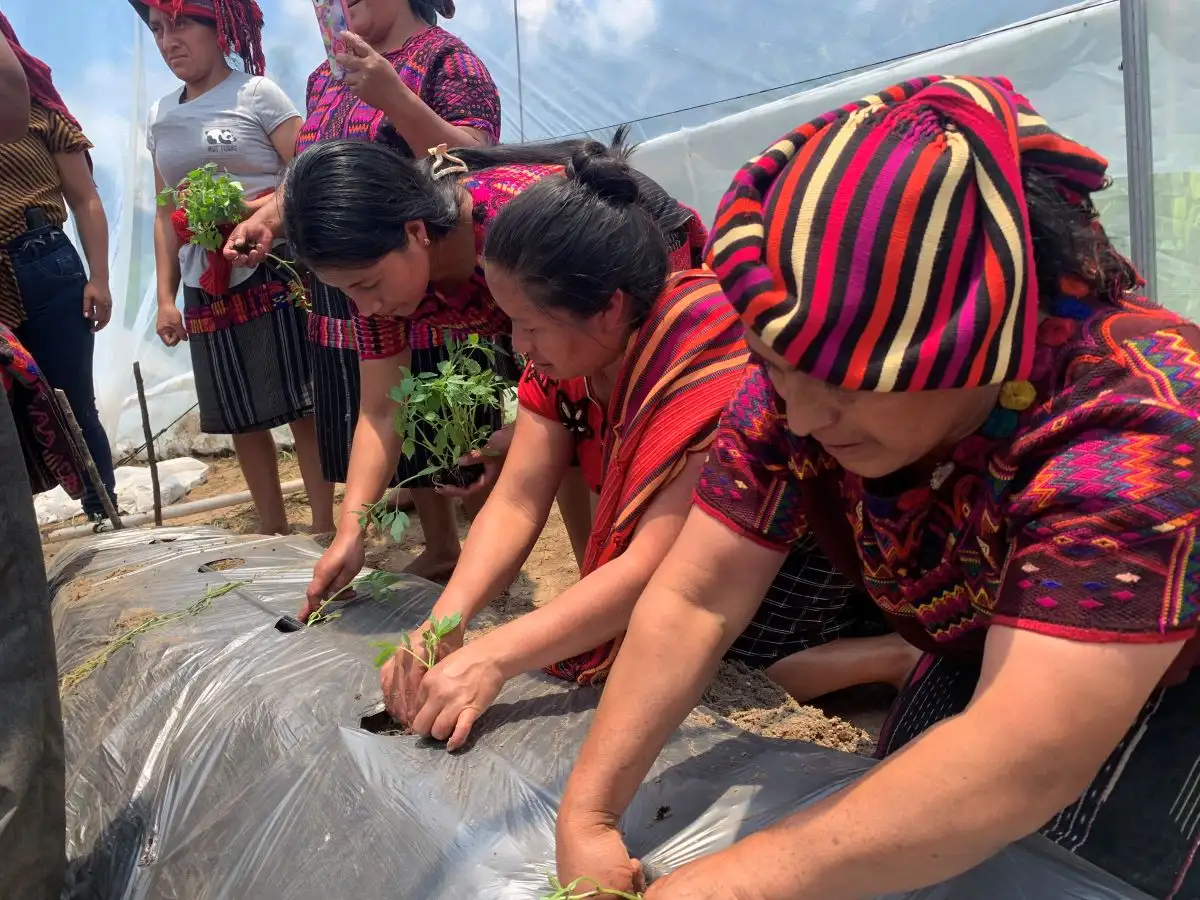

Women planting tomatoes in Tzanimacabaj, Guatemala, as part of a women’s economic empowerment programme
How our work impacts women and girls
Our work with women and girls is diverse and transformative.
In Guatemala, the work of our partner, Asociación Unidos por la Vida, on women’s economic empowerment has contributed to more equal relationships between men and women.
Join us in building a better world
CAFOD's work with women and girls is transforming lives and communities. By supporting our efforts, you can help create a world where women and girls live free from violence, fear and discrimination – a world where everyone has equal opportunities to flourish. Together, we can achieve gender justice and build a more inclusive future for all.


